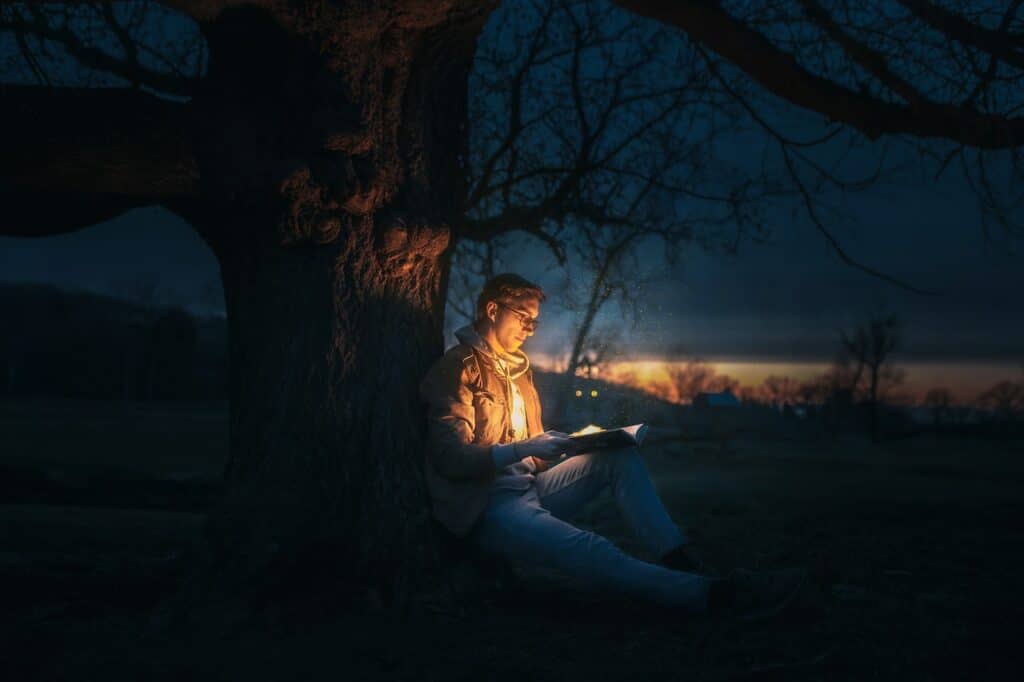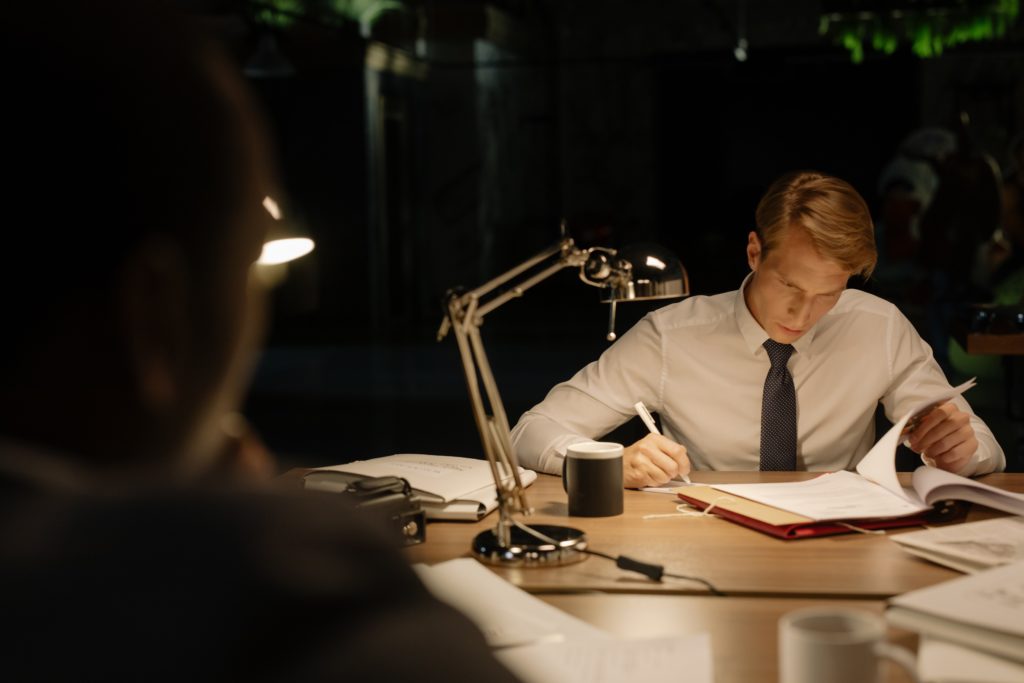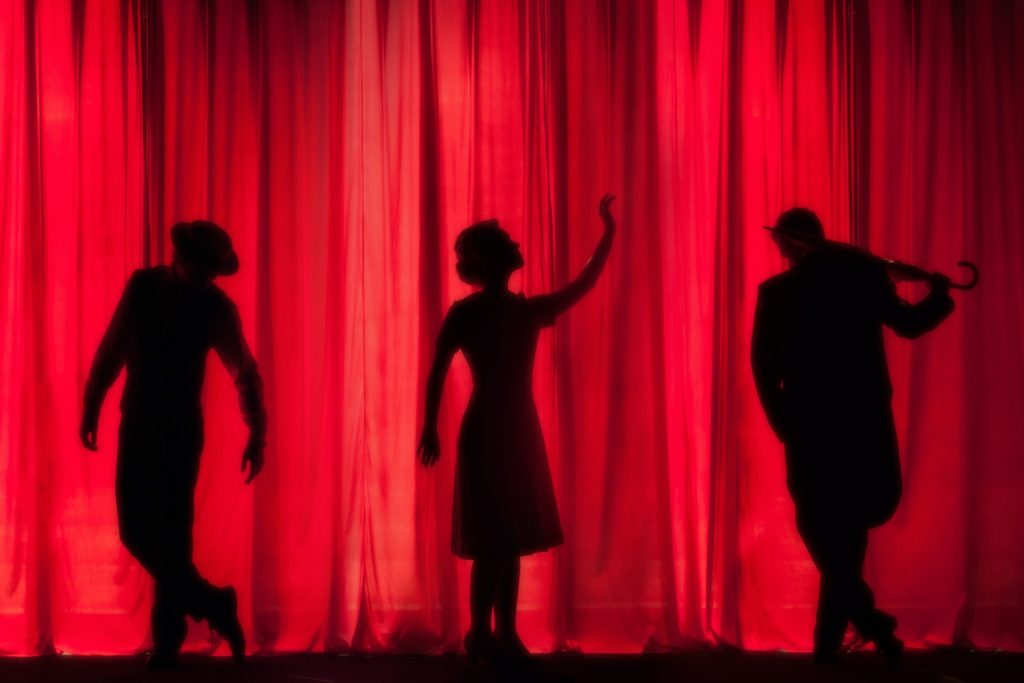Scene & Summary: Mastering When to Use Which

Writers regularly need both scene and summary to tell a great story, but sometimes it can be difficult to discern when to use which, for best effect. Occasionally when editing another’s work, I find the writer made what really should have been summaries into scenes, and what really should have been scenes, into summaries. This […]
Considering Your Setting

Real vs. Fictitious Settings In mainstream literature, we typically deal with settings that either already exist or which have existed historically. Thus, when you write about the city of Chicago, it behooves you to do your research. If you say that there is a great sandwich shop on the corner of 25th and Regal, there […]
Writing Powerful Scenes, Part 7: Say Something!

Strong stories are built through meaningful scenes. Write stories that have meaning by tapping into subtext or theme, or by adding your own insight. Very often as a reader, I’ll come across a story that is well written in many regards: The characters have strong voices. The setting is energetically created. The action progresses in […]
Writing Powerful Scenes, Part 6: Novelty

Have you ever read a novel where the entire book lacked a single element that was original? Sure you have, lots of times. Whenever you begin to read in an established genre, you find that many novels are written as an homage to a well-known book. Thus, after Treasure Island was written as a serialized […]
Writing Powerful Scenes, Part 2: Beginning with Character

Historically, a “scene” was a set on a play. It consisted of the setting in which a dramatic exchange took place. It’s not a coincidence that “scene” and “seen” sound exactly alike. But as novelists, we don’t necessarily have the same kinds of “scenes” that occur in a play. A scene could, for example, consist […]
How to Decide What Goes in Your Scene
Very often I see new writers who can write exciting prose on a line-by-line basis, but when I start reading their stories, I soon discover that the story itself is weak, and that the author just has too much going on in the scene. The author’s descriptions may wander, so that the story loses tension, […]
How to Write a Damned Good Scene, Part 1
Often while looking at the scenes a new writer creates, I take a look and think, Well, that’s pretty lame. So how do you avoid writing lame scenes? First, you need to brainstorm every scene. There are a few common questions that need to be answered in each one. Who is your viewpoint character? This […]
